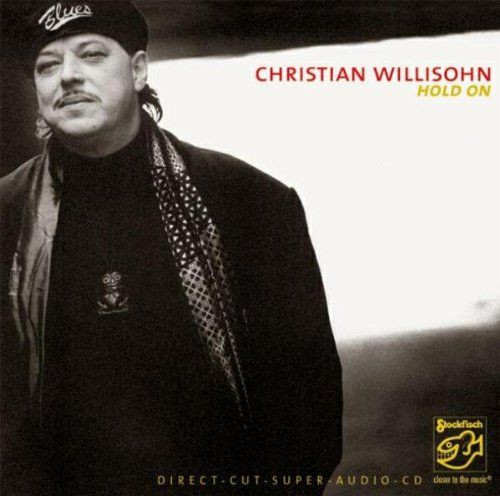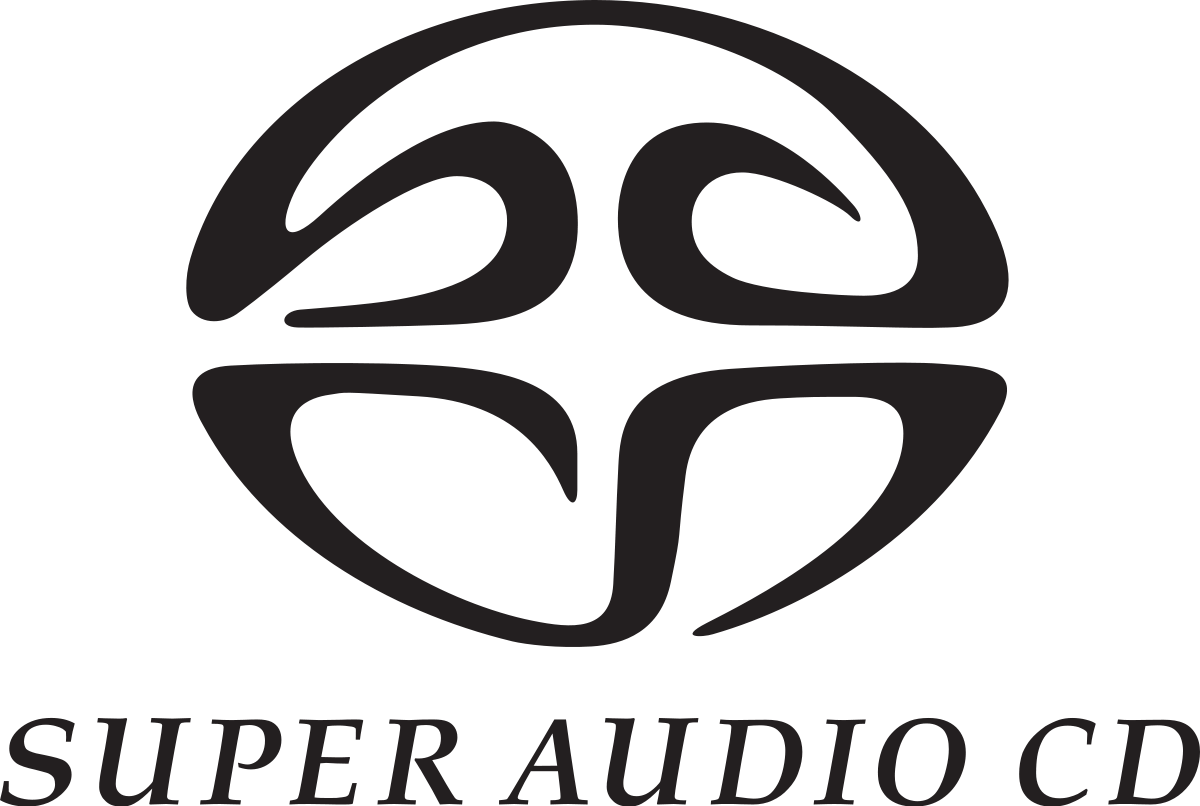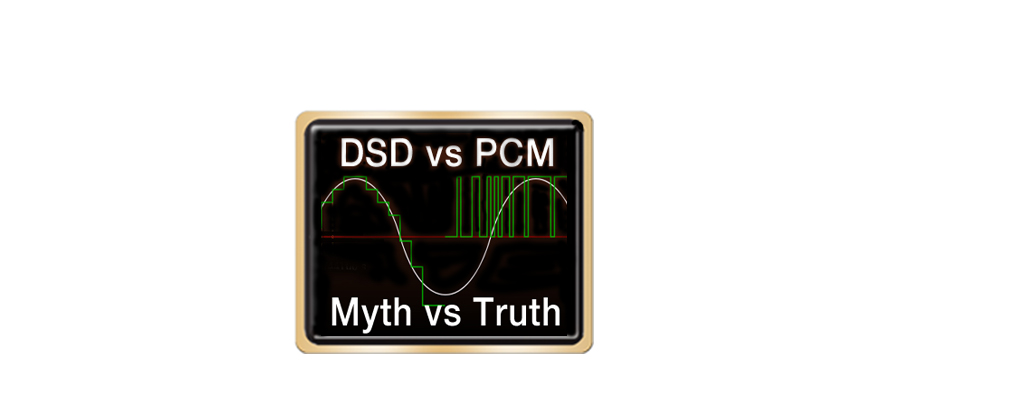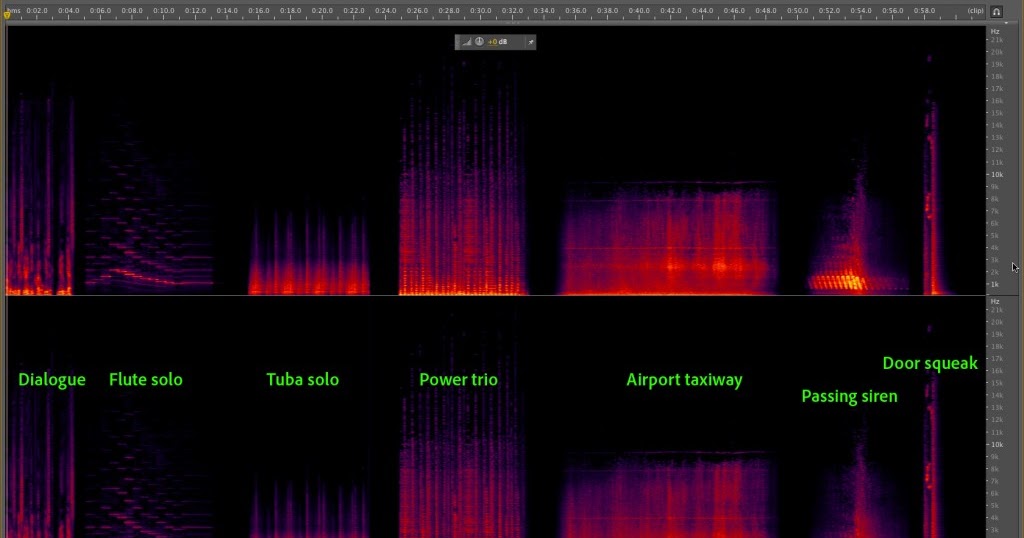DSD and CD layers that have purposely been mastered differently are known to exist.
If you work only with the DSD layer, you control how the comparable 'CD' version is made.
OK, I understood and agree with your point.
At least, and as far as, the specific SACD is concerned, in my post #42 and #56, I believe I have done all of the objective analyses and subjective listening comparisons in rather strict manner as well as under complete level matching in listening using my HiFi audio setup, and I found almost no audible difference between SACD-layer and CD-layer.
Let me repeat again, I wrote in #42;
We should be careful enough about, however, this finding (almost no difference between SACD-layer and CD-layer) would not be always true for other SACD discs; it may be dependent on the mastering engineering and QC of hybrid SACD production.
BTW, it is interesting for me that in the article you referred, they too used MusicScope 2.1.0 for objective analysis; I did the same in my investigations shared in my post #42.
Last edited:








